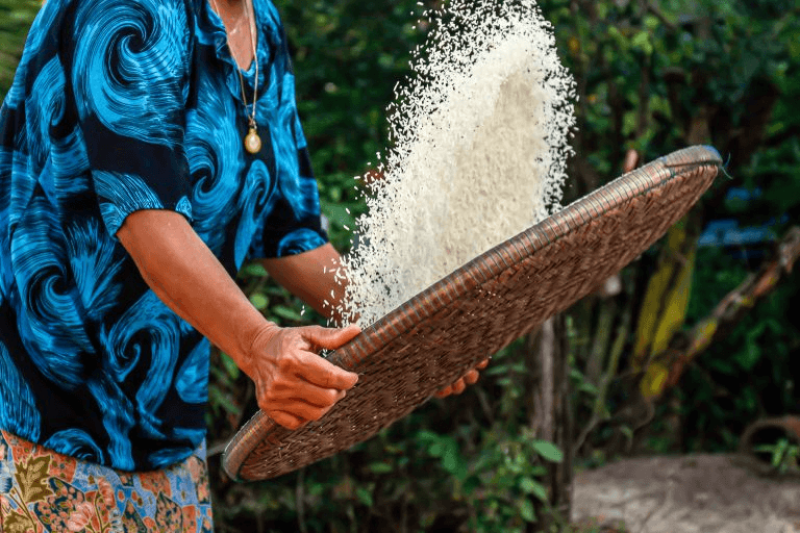Science Magazine recently published a paper in which Chinese scientists reported massive yield gains in rice, thanks to genetic engineering. The journal also promoted the research in a news piece that featured other scientists expressing their amazement at the yield gains achieved. The article suggested the same “genetic tweak” to a single gene could also turbocharge the yields of wheat and other crops.
News of this apparent breakthrough in how to boost global food supplies spread like wildfire on social media and triggered press coverage too. But now a young scientist studying plant breeding has debunked the paper’s claims and dismissed as bogus the whole idea that scientists can “solve” yield through single genes.
In their paper, as we noted, the researchers reported achieving a 41.3-68.3% higher yield in a rice variety during three years of field trials. They then replicated this approach in an elite rice variety where they again reported achieving a considerable yield increase, from about 10-40%. And, as we have seen, it is these impressive sounding numbers that generated the “supercharged” headline and talk of boosting global food supplies.
But what Khaipho-Burch pointed out was that the rice variety in which the researchers had achieved that 68.3% higher yield was “a non-commercial rice variety (Nipponbare), a genetic background not intended for yield trials” but great for genetic research because it is relatively easy to manipulate. In other words, the researchers hadn’t taken a rice variety that farmers actually grow, or that plant breeders had already developed to be high yielding, and then turbocharged that with genetic engineering.
…
Khaipho-Burch also pointed out that their three years of field trials in three different environments were actually incredibly small scale, testing only 99-120 plants each time. “For yield trials, this is a VERY small number of plants to test for yield stability (it’s usually of 1000s to millions)”.
…
She also pointed out that hyped studies in “big-name journals” have real world consequences: “With other scientists and the public thinking plant breeders can ‘solve’ yield with 1 gene, more $$ goes into studying unreliable single gene effects” instead of the kind of traditional plant breeding that has long produced “incremental, stable and repeatable yield gains”.































